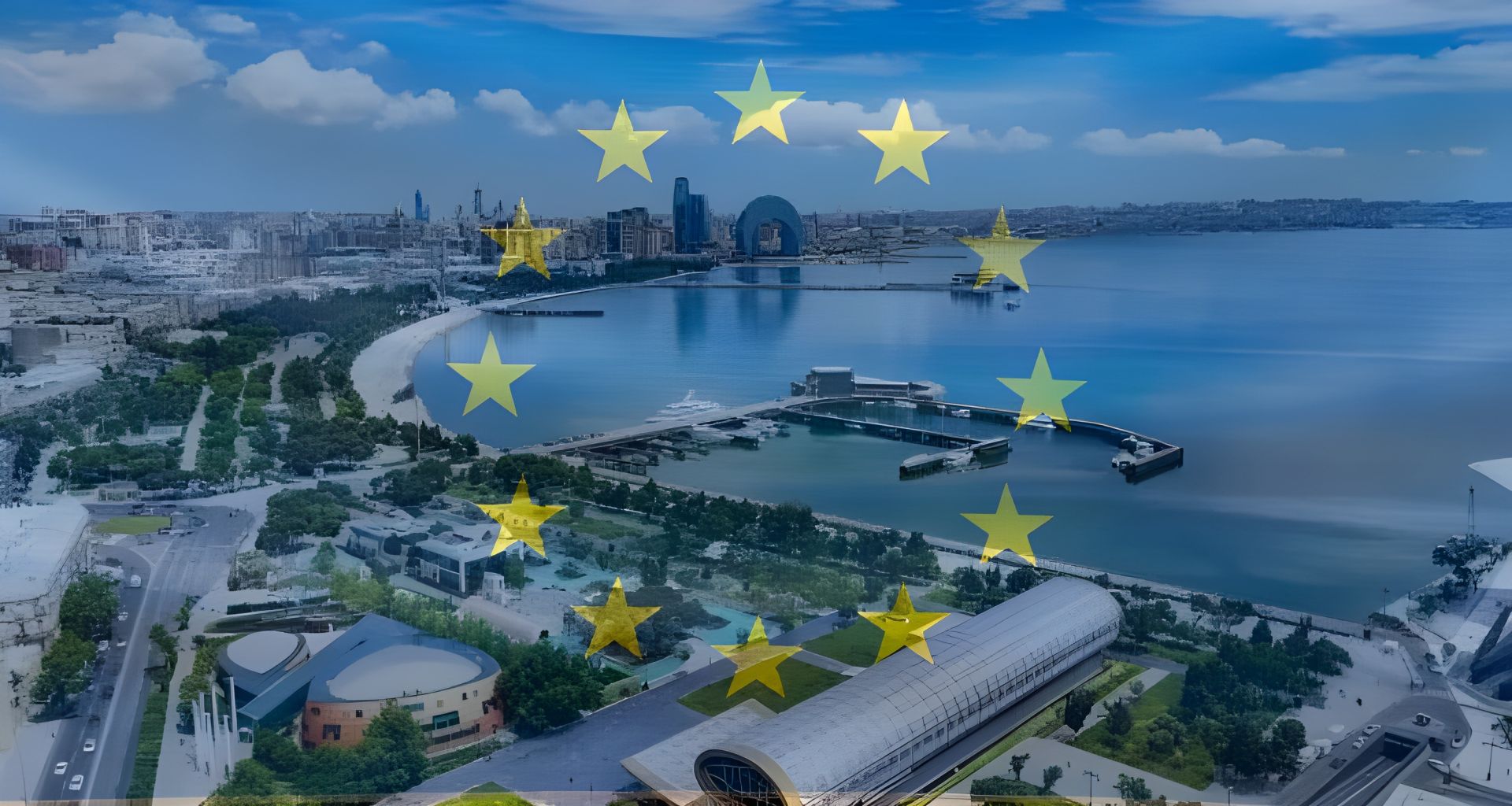WNAM REPORT: This year’s sixth European Political Community Summit, held in the Albanian capital of Tirana, was marked by strategically significant developments. The presence of heads of state and government, and their in-depth discussions on pressing political and economic issues, not only fostered a positive and constructive atmosphere throughout the summit, but also underscored the emergence of a shared platform for advancing Europe-Azerbaijan relations based on mutual interests.
Azerbaijan, as both a key energy supplier and a critical global transit hub, is increasingly attracting broad international attention. Notably, the shift in attitudes toward Baku—once cautious or ambivalent—has become unmistakable. This transformation reflects more than changing optics; it signals a deeper strategic recalibration.
Yet the most consequential outcome lies ahead: in just three years, Azerbaijan will host the EPC Summit. This forthcoming event is more than symbolic. It is a clear recognition of Azerbaijan’s growing political weight and its pivotal role in shaping the future of pan-European dialogue.The announcement that Baku will host the European Political Community (EPC) Summit in 2028 marks a significant milestone not only for Azerbaijan, but for the evolving political geography of Europe. As confirmed by European Council President António Costa, the EPC will meet in Azerbaijan and later in Latvia that year—an arrangement that reflects the growing recognition of the South Caucasus as a region of strategic importance. But it is not only about geography; it is about political maturity, regional pragmatism, and Europe’s search for reliable partners.
Azerbaijan’s recent participation at the sixth EPC Summit in Tirana, Albania, underscores its expanding role in European dialogue. Its presence at the table of pan-European deliberations is no longer symbolic, it is substantive. From energy security to connectivity, Azerbaijan is increasingly seen as a country that delivers. With its geographic location bridging Europe and Asia and a proven capacity to implement transregional infrastructure projects, Azerbaijan offers something Europe sorely needs: reliability in an uncertain geopolitical environment.
But perhaps even more remarkable than Azerbaijan’s hosting role is the fact that Armenia supported Baku’s candidacy to organise the 2028 summit. This may appear surprising given the decades-long conflict between the two nations, but it signals a cautious and potentially transformative recalibration in Yerevan’s regional posture. Armenia’s support is not just a diplomatic courtesy; it may be a calculated gesture aimed at normalising relations with Baku and signalling to Europe its own commitment to stability and integration.
If Armenia’s endorsement of Azerbaijan’s candidacy is followed by genuine progress in the peace talks, including an agreement based on mutual recognition of territorial integrity and the opening of regional connectivity routes, it could lay the foundation for a historic shift in the South Caucasus. A stable, cooperative Armenia-Azerbaijan relationship would unlock vast potential for the region, benefiting not only the two countries involved but also the European Union, which has long viewed the South Caucasus as a vital corridor for energy, trade, and dialogue.
Hosting the EPC summit will give Azerbaijan a platform to highlight its diplomatic capabilities and its vision for a connected Eurasia. But it is also a test. Europe’s trust comes with expectations, not only regarding transport and energy cooperation but also in terms of governance, transparency, and conflict resolution.
The EPC’s decision to hold a summit in Baku is therefore more than a scheduling announcement. It is a strategic endorsement. It reflects Europe’s deepening interest in Azerbaijan as a partner that can balance between East and West, project stability, and help shape the continent’s future beyond its traditional borders.
For both Azerbaijan and Armenia, the road to 2028 presents a unique opportunity. For Baku, it is a chance to consolidate its role as a regional leader. For Yerevan, it could be a moment to demonstrate that reconciliation is not just desirable—it is possible.
If both seize this moment with foresight and courage, the 2028 EPC Summit in Baku might be remembered not just as a diplomatic event, but as a turning point in the history of the South Caucasus.


